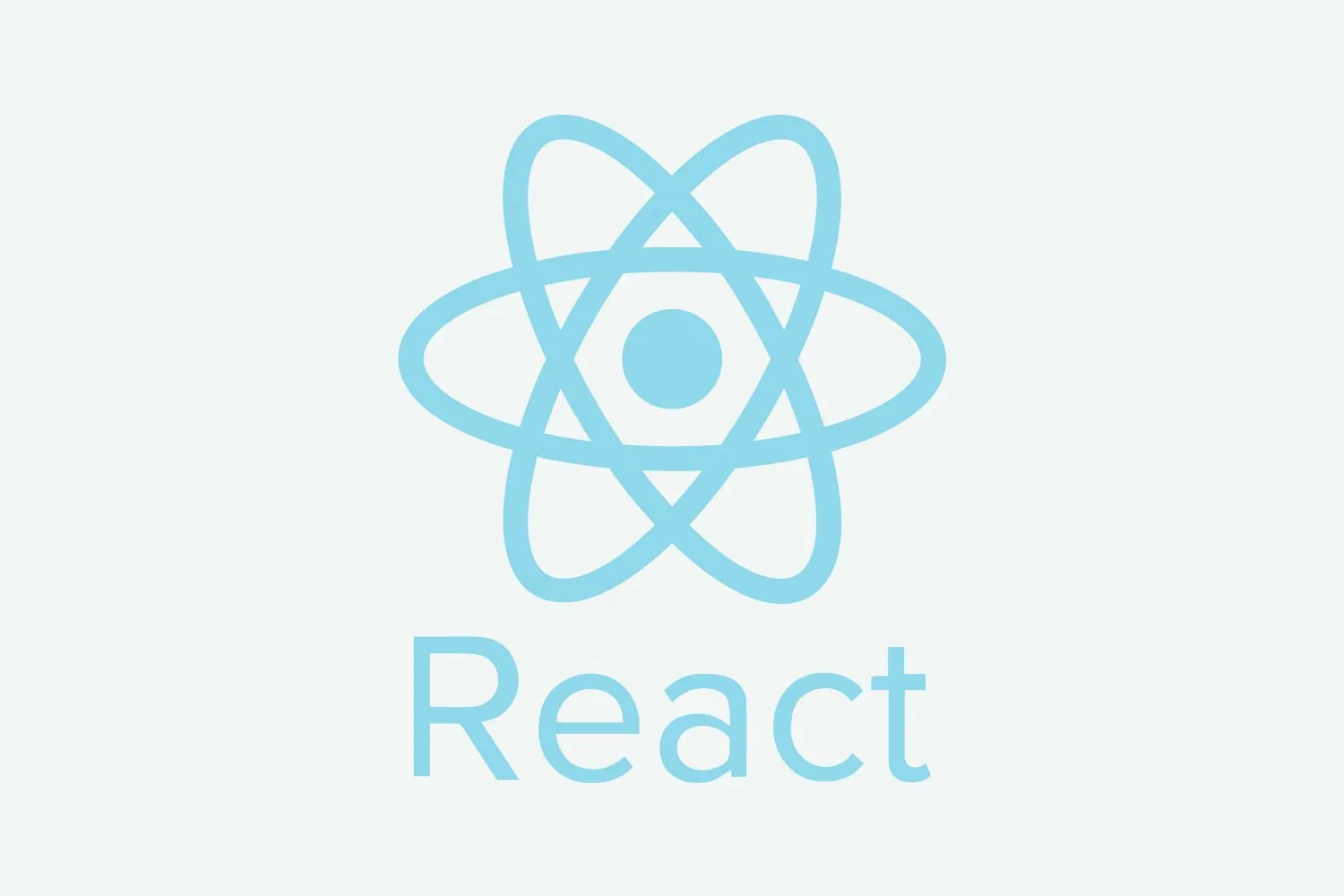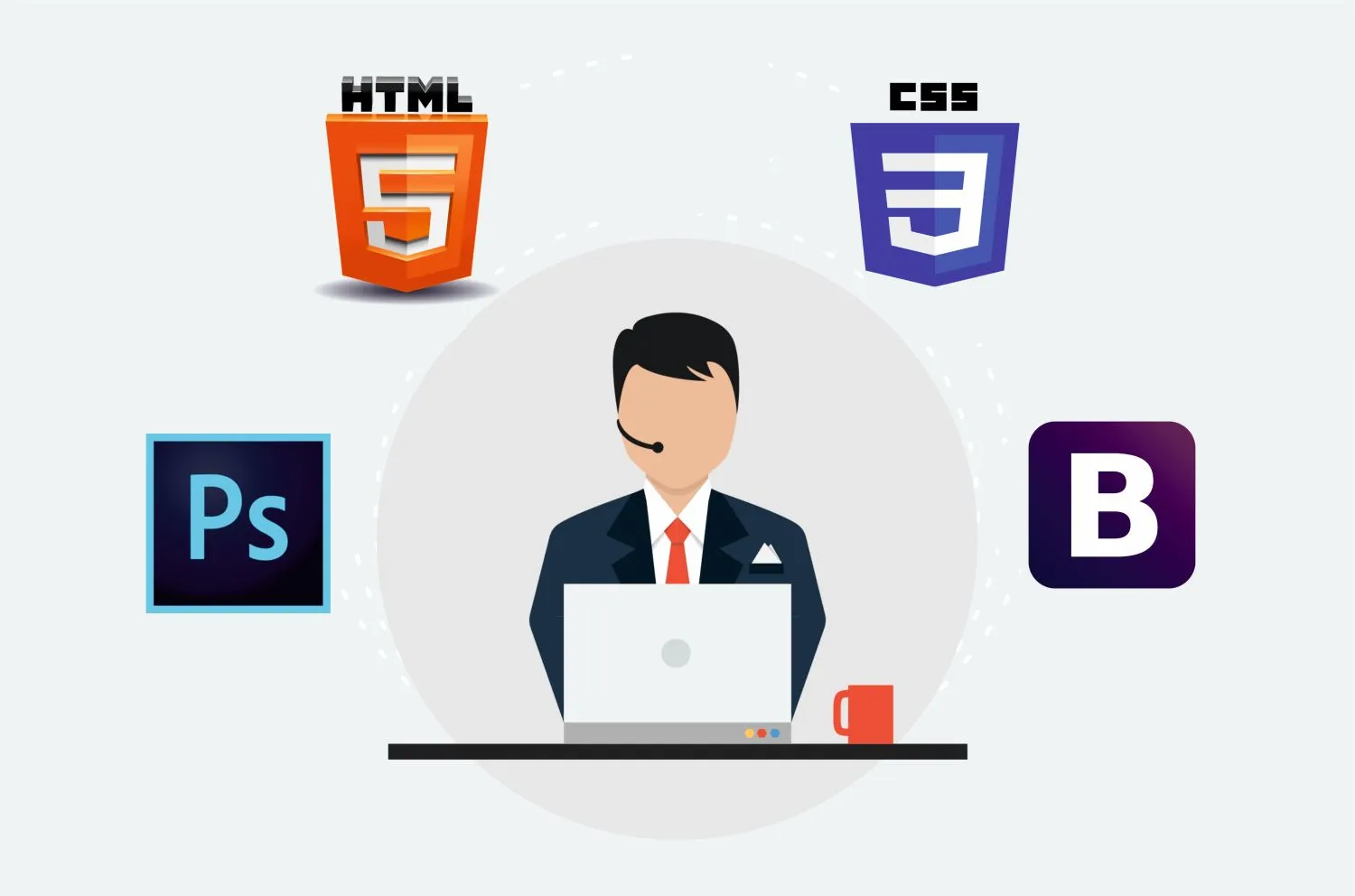Laravel
| Training Mode | Regular | Fastrack | Crash |
|---|---|---|---|
| Classroom | Online | 45 Days (M,W,F or T,T,S Class) (3 Class in a week) |
20 Days (Monday to Friday Class) (5 Class in a week) |
10 Days (Monday to Friday Class) (5 Class in a week 1:30 hour duration) |
Our Laravel Course at Web Development Institute is meticulously designed for individuals eager to master the Laravel framework in a structured and practical manner. The course spans several modules, each focusing on essential aspects of Laravel development, ensuring participants gain in-depth knowledge and hands-on experience in a short timeframe.
Module 1: Introduction to Laravel
- Overview of Laravel Framework and Features: Understand the key features and advantages of using Laravel.
- Setting up Laravel Environment: Learn to set up Laravel using Homestead, Valet, or Docker.
- Understanding MVC Architecture: Explore Laravel’s MVC architecture and directory structure.
- Creating a Basic CRUD Application: Build your first Create, Read, Update, Delete application with Laravel.
Module 2: Laravel Routing and Middleware
- Defining Routes and Handling HTTP Requests: Learn how to define routes and handle various HTTP requests.
- Using Route Parameters and Named Routes: Understand route parameters, named routes, and route groups.
- Implementing Middleware: Implement middleware for authentication, authorization, and CORS.
- Creating RESTful APIs: Build RESTful APIs using Laravel’s powerful routing capabilities.
Module 3: Laravel Blade Templating Engine
- Introduction to Blade Syntax and Directives: Learn the basics of Blade templating syntax and directives.
- Building Layouts and Partials: Create reusable layouts and partials in Blade.
- Using Blade Components and Slots: Develop reusable UI components with Blade components and slots.
- Integrating Frontend Frameworks: Seamlessly integrate Bootstrap and other frontend frameworks with Laravel Blade.
Module 4: Database Management with Eloquent ORM
- Setting up Database Connections: Configure database connections in Laravel.
- Creating and Migrating Tables: Use migrations to create and manage database tables.
- Defining Relationships in Eloquent: Understand and define one-to-one, one-to-many, and many-to-many relationships.
- Querying Data with Eloquent ORM: Perform complex queries using Eloquent ORM and raw SQL.
Module 5: Authentication and Authorization
- Implementing User Authentication: Use Laravel’s built-in Auth system for user authentication.
- Customizing Authentication Routes and Views: Tailor authentication routes and views to your needs.
- Role-Based Access Control: Implement role-based access control with Laravel Gates and Policies.
- Integrating Social Authentication: Use Laravel Socialite for OAuth-based social authentication.
Module 6: RESTful APIs with Laravel
- Building RESTful APIs: Develop robust APIs using Laravel Resource Controllers.
- Handling API Requests and Responses: Manage API requests and responses in JSON and XML formats.
- API Authentication: Implement JWT or Passport for API authentication.
- Versioning and Documenting APIs: Version and document your APIs using Laravel tools.
Module 7: Testing and Debugging
- Writing Tests with PHPUnit: Create unit tests and feature tests to ensure code quality.
- Browser Automation Testing with Laravel Dusk: Use Laravel Dusk for automated browser testing.
- Debugging Tools: Debug applications with built-in Laravel tools and Xdebug.
- Test-Driven Development (TDD): Adopt a TDD approach for developing Laravel applications.
Module 8: Advanced Laravel Features
- Queues and Background Jobs: Manage queues and background jobs using Laravel Queue system.
- Task Automation with Laravel Scheduler: Automate tasks with Laravel Scheduler.
- Event Broadcasting and Real-Time Updates: Implement real-time updates with Laravel Echo and Pusher.
- Caching Strategies: Use Laravel Cache and Redis for caching.
Module 9: Deployment and DevOps
- Deploying Laravel Applications: Deploy your Laravel applications on Apache or Nginx web servers.
- Continuous Integration and Deployment (CI/CD): Set up CI/CD pipelines with Laravel Forge or Envoyer.
- Environment Configuration and Security: Secure your applications and manage environment variables.
- Monitoring and Logging: Use Laravel Telescope and other tools for monitoring and logging.
Module 10: Building Practical Projects
- Hands-On Project Development: Apply your knowledge by building practical projects such as blogs, e-commerce platforms, or social networking sites.
- Emphasis on Best Practices: Focus on best practices, code quality, and project management skills.
Contact Us
Course Feedback
Student Projects
-
.png)
Name : Manish Bharti
Course : Web Designer
Project : Mindx
Guided By : Rajesh Sir
-

Name : Manish Bharti
Course : Web Designer
Project : Light Basket
Guided By : Rajesh Sir
-

Name : Sakesh Kumar
Course : Web Development
Project : Delhi Hospital
Guided By : Rajesh Sir
-

Name : Vikash Kumar
Course : Full Stack Developer
Project : PS Health Care
Guided By : Rajesh Sir
-

Name : Bablu Kumar
Course : Web Development
Project : Mudra Cash for Gold
Guided By : Rajesh Sir
-

Name : Manish Bharti
Course : Web Designer
Project : vedicessentials
Guided By : Rajesh Sir
-

Name : Guddu Kumar
Course : Advance Full Stack Developer Expert
Project : MPS Switches
Guided By :
-

Name : Jatin
Course : Web Development
Project : Palco
Guided By : Rajesh Sir












